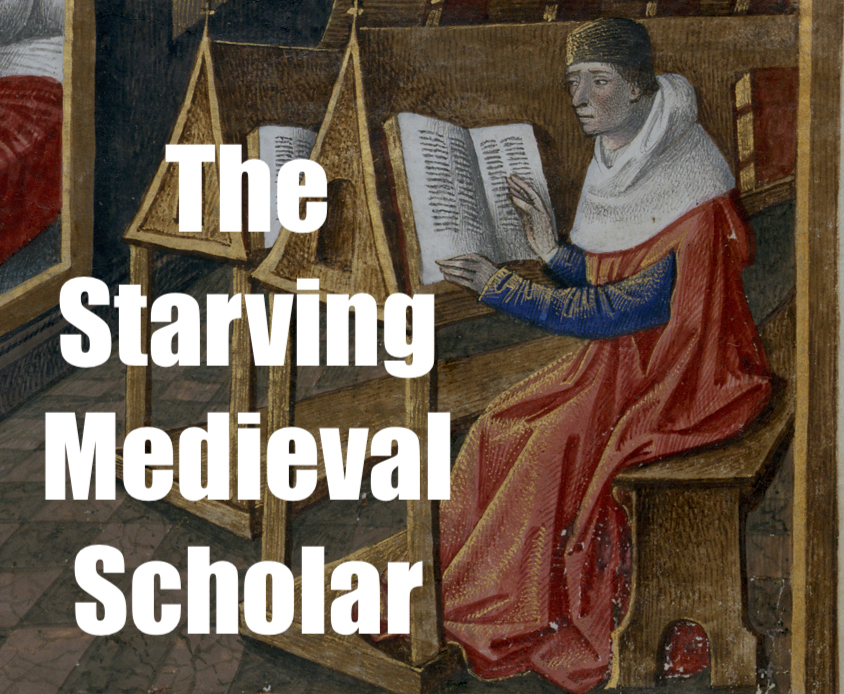Many of us who studied the arts and humanities have heard the warning: You’ll never find a job with that degree. Better to learn a trade, they say—something practical, something secure. We might assume that scholars were more respected in earlier times, but a satirical poem from 12th-century Byzantium shows that this attitude is anything but new.
It comes in the form of a poem written by Theodore Prodromos, who lived in the Byzantine capital of Constantinople. It begins with a father telling his son how good it would be if he became a scholar.
Ever since I was a young boy my father used to tell me,
Learn your letters, my boy, and there’ll be no one like you;
My boy, see Mr so-and-so? He used to go on foot,
He now rides a fat mule with double leather straps;
While he was learning he had no shoes,
But now you see him in his windlepockers;
While he was learning, he never combed his hair,
But now he’s so proud of his coiffure.
And he never used to glimpse the doors of a public bath house;
Now he bathes – three times a week!
His clothes used to be filled with lice the size of almonds –
Now they’re stuffed full with the emperor’s gold.
So learn your letters, take heed of the word of your old father,
and there’ll be no one like you!
The Scholar Replies
The poem then gives the son’s reply, where he explains that he did go to school and learn grammar, but the riches never came to him:
If they’d make me a craftsman…
and had I learnt a craft
I could have opened my pantry to find it full of bread,
Copious wine and cooked tunny, slices of tunny, dried tunny, mackerel;
instead, I open it now and I see nothing but empty shelves;
Files and files of parchment;
I open my bag to find a piece of bread, and I find another, smaller, file;
I put my hand in my pockets, feel around my purse,
search for a coin, and even it’s full of bits of parchment…
His story continues, and so does his hunger, and as he walks through the streets the scholar smells the delicious scents coming from a butcher’s shop. He enters the shop and begs the butcher’s wife for any bit of food. It seems she takes pity on him, and sits the scholar by a table. “Take a seat sir, sit, notary grammarian, philosopher-grammarian, Mr. Double-trouble,” she says, placing a piece of tenderloin on his plate.
The scholar begins eating it right away, but after three bites learns to his horror that the meat has been stuffed with dung! The butcher’s wife cruelly remarks:
“Eat, good grammarian, grammarian notary, grammarian philosopher, gutpipe washer! Better you had eaten that ink of yours than this swollen piece of shit-filled belly!”
Faced with so much hunger, and the taunts of his fellow citizens, it is not surprising that our scholar laments his fate:
Cursed be the time and cursed be that day
when they handed me over to school
to learn my letters as if I could live off them!
One should not worry too much about Theodore Prodromos though – he seems to have had a good career finding patrons in the Byzantine court. Prodromos certainly knew how to write a good satire, for he also penned funny poems about topics like the bad behaviour of monks and the nagging of a wife. He even wrote a piece about how a group of mice waged war against a cat!
This poem has been partially translated by John Haldon in his article “Humour and the everyday in Byzantium” from the book Humour, History and Politics in Late Antiquity and the Early Middle Ages, and by Margaret Alexiou for an event hosted by Dumbarton Oaks.
Top Image: British Library MS Harley 4335, fol. 1



